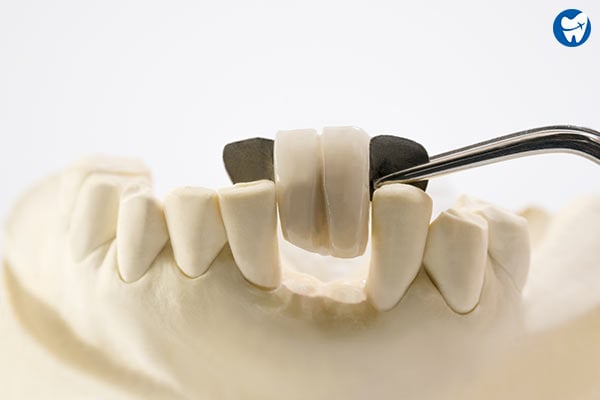A missing tooth is not an uncommon phenomenon. There are many ways to restore your missing teeth, and dental implants are the most common. However, in some cases, the alternatives to dental implants are better choices.
Video Courtesy: Zimmer & Springfield Dental Implant & Oral Surgery
Why Prefer an Alternative to Implants
An alternative treatment to implants is usually preferred for the following reasons: [1]
1. Dental implants are not ideal for some patients. This includes:
- Regular smokers and alcohol-habituated people
- Low bone health, uncontrolled diabetes, cancer & gum diseases
2. Dental implants are costly. People often look for a cheaper alternative.
3. Some people want less invasive, non-surgical teeth replacement options.
How Can I Replace My Teeth without Implants?
There are several options to restore your teeth without implants. The most common ones are dentures & bridges.
A qualified dentist can help you choose between the types of:
- Bridges – Traditional, Cantilever, Maryland
- Dentures – Full, Partial
Each restoration has its pros and cons. This article explores the different options for replacing single and multiple teeth without dental implants.
Is There a Cheaper, Less-Invasive Alternative to Dental Implants?
The answer is – Yes. Some implant alternatives are affordable, non-surgical, and quite convenient. Let’s look at these in detail.
What Are the Alternatives to Dental Implants?
There are permanent as well as temporary alternatives to dental implants available. The most common ones are discussed below.
Fixed Appliances
A dental bridge is a prosthesis used as an effective alternative to a dental implant for one tooth or multiple teeth in an arch.
It is made of artificial teeth in the center, adjoined by crowns on either end.
The crowns are placed on healthy teeth while the artificial teeth take the place of missing teeth.
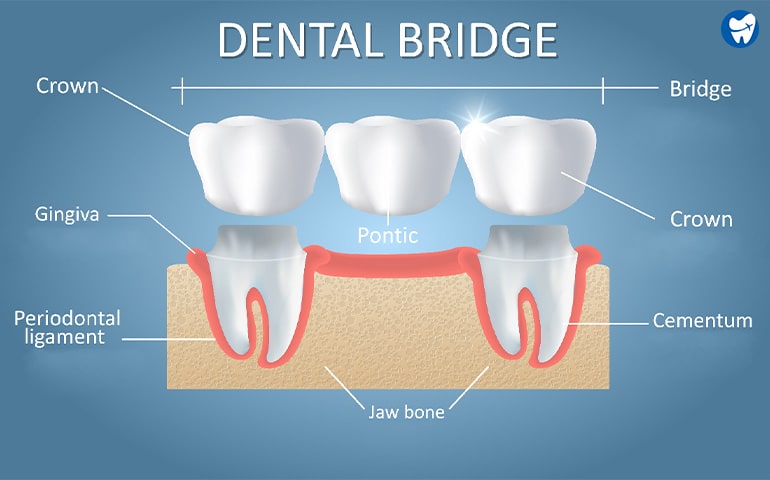
Traditional Dental Bridge
Pros
- Restore the look & feel
- Non-surgical & last 10+years
- Cost-effective
Source: Healthline [2]
Cons
- Healthy teeth need trimming
- Risk of decay under the bridge
- Can damage adjacent teeth
Source: Healthline [3]
A Maryland bridge has artificial teeth with ‘wings.’ These ‘wings’ are attached to the healthy teeth for support while replacing the missing teeth.
These bridges are cemented to the tooth hence do not require trimming of the adjacent teeth.
Maryland Bridge
Pros
- Cost-effective
- No need for teeth shaving
- Non-surgical & fast procedure
Source: New Mouth [4]
Cons
- Not feasible for all teeth
- Vulnerable to tooth decay
- May darken adjacent teeth
Source: New Mouth [5]
Removable Appliances
This method is usually preferred for those with most natural teeth missing. Here, a full set of artificial crowns are placed on the remaining natural teeth.
Telescope Crowns. Video Courtesy: Dr. Garry Bonsall
Pros
- Removable & convenient to use
- Does not require invasive surgery
- Sturdy & offers pleasing aesthetics to your mouth
Source: Researchgate [6]
Cons
- Long treatment period
- Lengthy clinical & lab procedures
- Excellent oral hygiene is required to prevent caries
Source: Researchgate [7]
A denture is a set of artificial teeth placed on the gums. Complete dentures are preferred for those missing all the teeth.
On the other hand, partial dentures are used when some healthy teeth are intact.
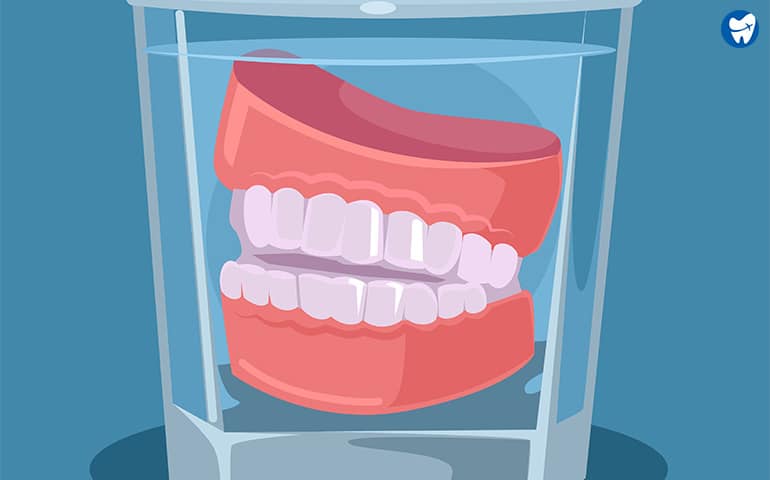
Classic Denture
Pros
- Improve facial appearance
- Closely resemble natural teeth
- Does not require invasive surgery
Source: WebMD [8]
Cons
- May become loose over time
- Difficult to eat certain foods
- Can slip when you laugh
Source: WebMD [9]
It is quite similar to a traditional denture. However, additional locks are present to keep the dentures in place.
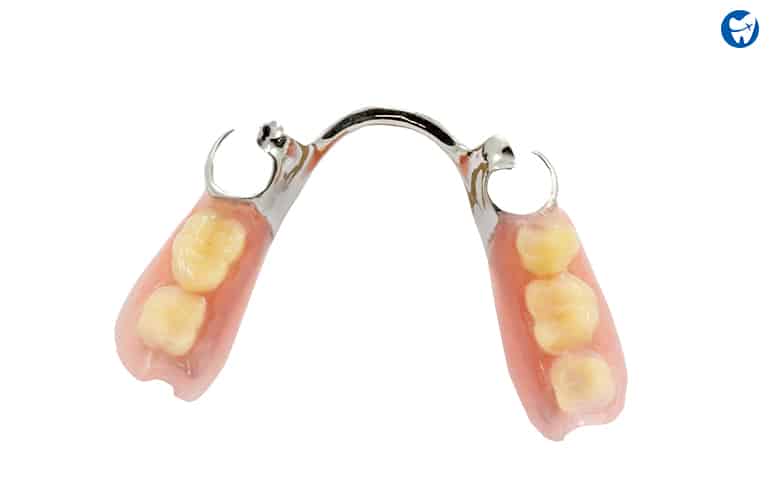
Denture with Attachments
Pros
- Aesthetically pleasing
- Non-surgical & more stable
- Easy cleaning and maintenance
- Less stressful on adjacent teeth
Source: Researchgate [10]
Cons
- Damage to supporting teeth
- May cause discomfort or pain
- Needs extensive trimming
- Chance of gum disease or decay
Source: Researchgate [11]
Magnetic dentures are a type of implant overdenture. Here, “magnet keepers” are placed in the tooth roots or gums, on which magnets are attached.
Alternatively, implants are placed, to which magnets are attached. These magnets hold the denture in its place.
Magnetic Attachments. Video Courtesy: Steco- system-technik
Pros
- Inexpensive
- Self-adjustment
- Stable & easy to maintain and helps preserve jaw bone
Source: AMHS Journal [12]
Cons
- Extremely brittle
- Susceptible to corrosion
- Corrosion increases in the presence of saliva & bacteria
Source: AMHS Journal [13]
Best Alternative to Dental Implants
So, there are various options available for restoring missing teeth.
However, which of these methods is the best one for you? You can have a better idea with a quick comparison of the most common methods.
Implants Vs. Crowns & Bridges Vs. Dentures
| Dental Implants | Crowns & Bridges | Dentures | |
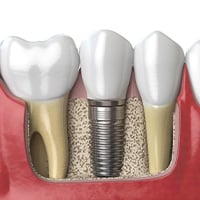
|
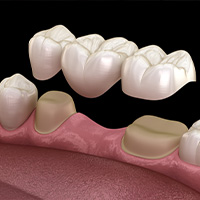
|
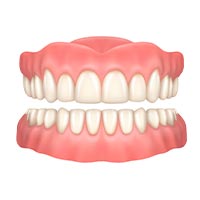
|
|
| Method | Surgical | Non-surgical | Non-surgical |
| Dental Issue | One or more missing teeth.
*All-on-4 implants can replace missing teeth in an entire arch |
1-4 teeth missing in a row.
*An alternative to dental implants for one tooth too |
Advised when a series or all of the teeth are missing |
| Cost | Most expensive
($1,600-2,200 per tooth) |
Moderately inexpensive
($500-2,500 per tooth) |
Most affordable
($1,600 per jaw) |
| Longevity | 15+years [14] | 5-10 years [15] | 10 years [16] |
Conclusion
There are different treatment options available for missing teeth.
Every method has its pros and cons!
If dental implants are not the right option, you should discuss these alternatives to dental implants with your dentist.
Explore alternatives to dental implants!
Yes, please!

